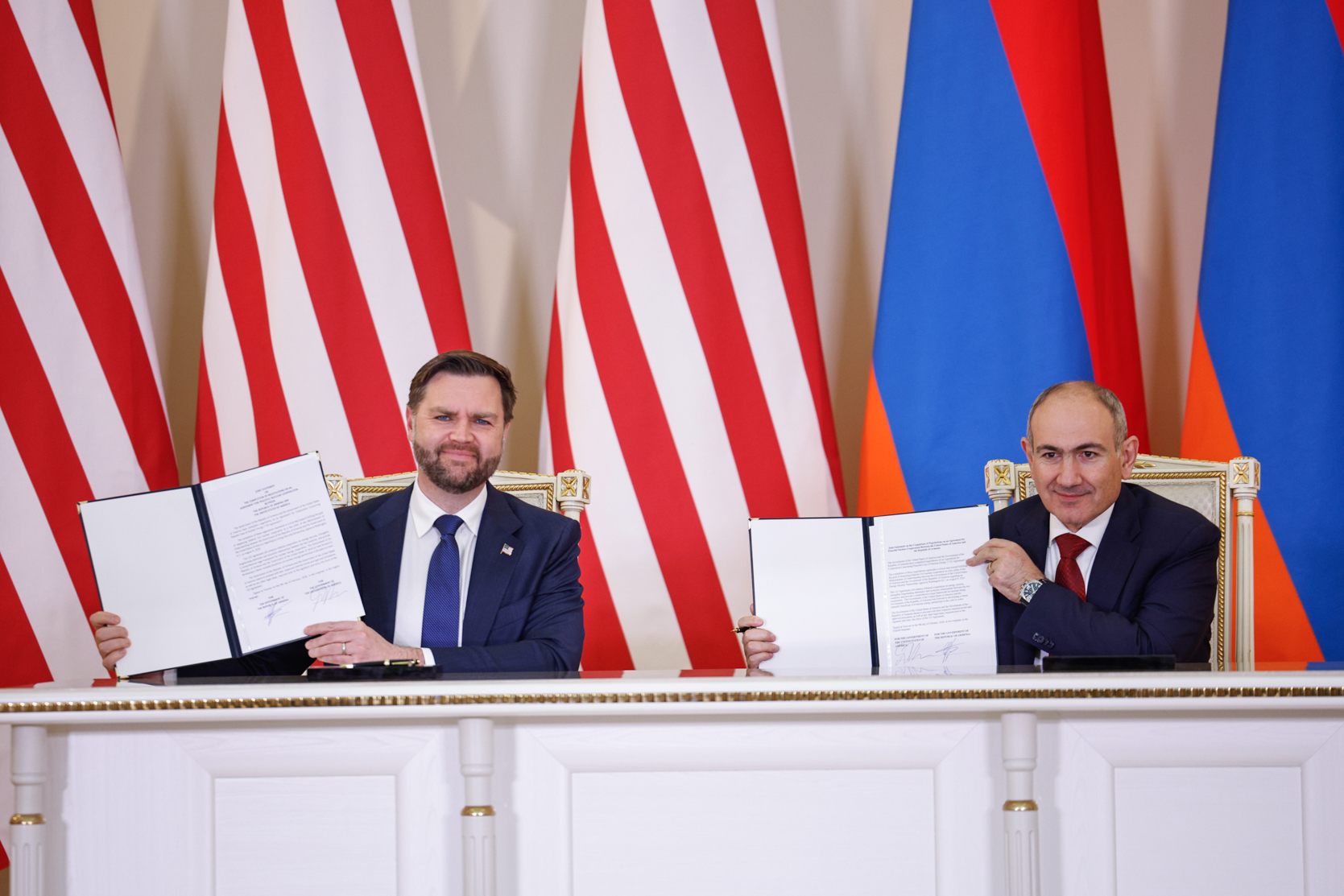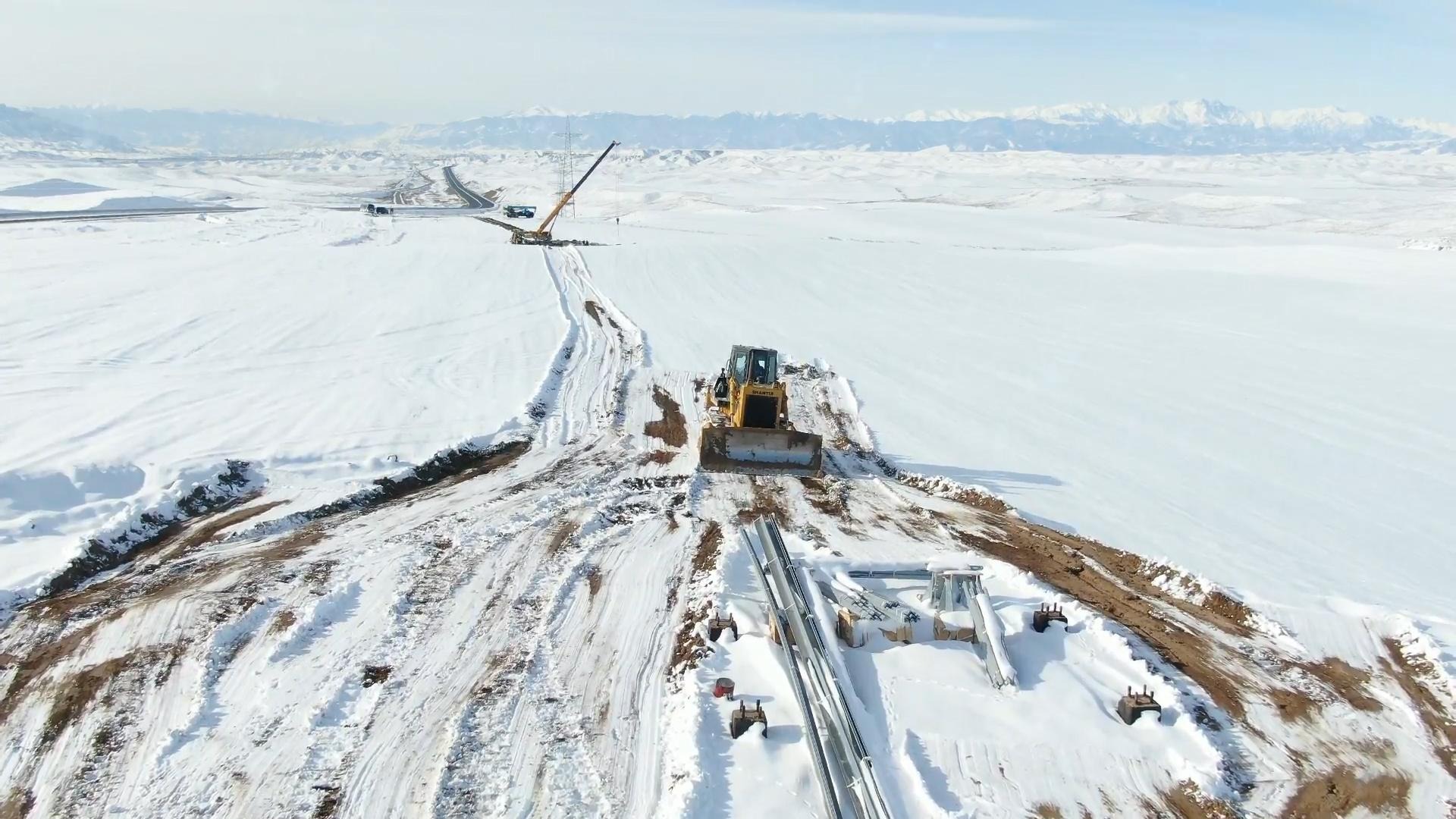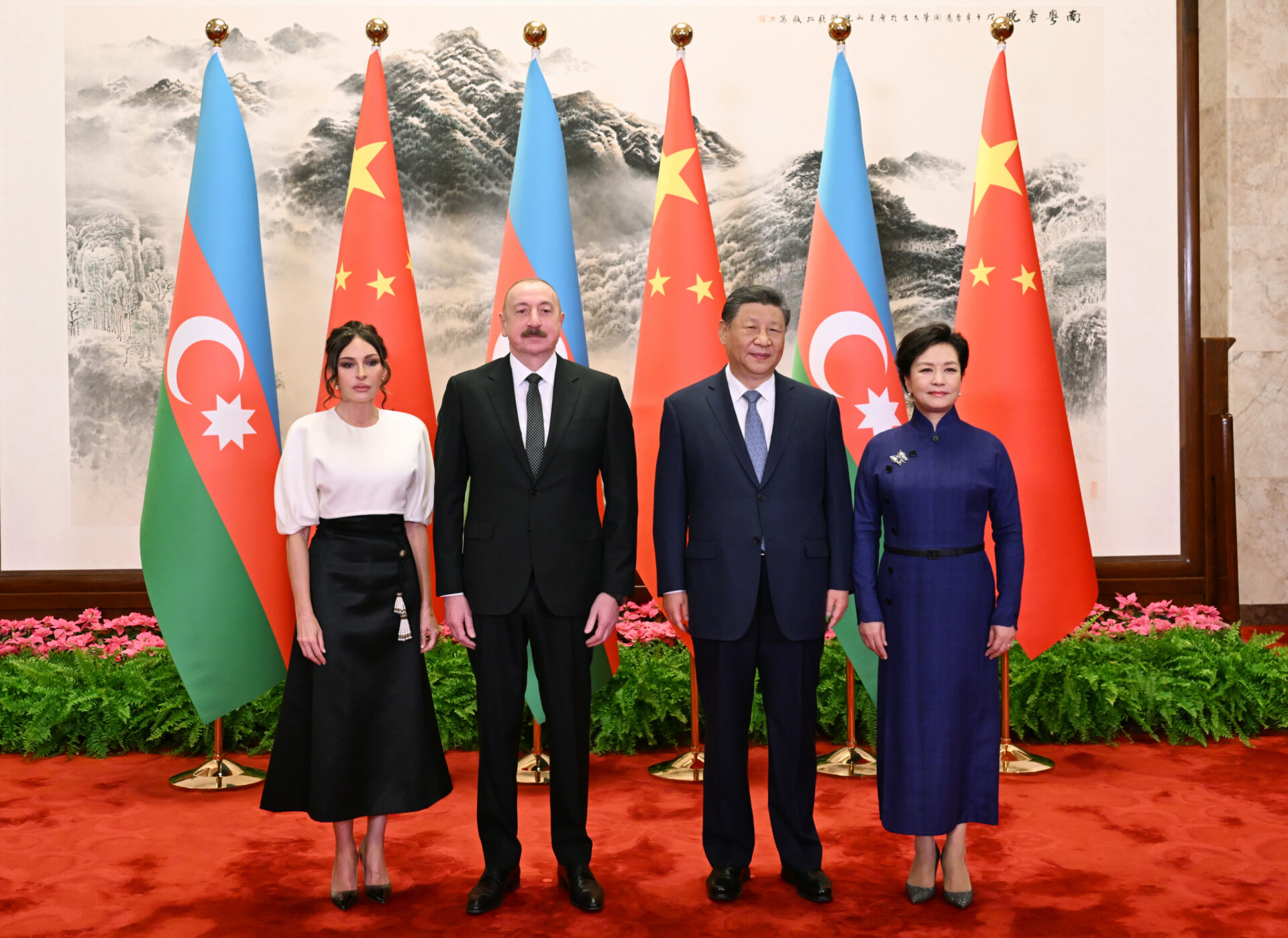
Azerbaijan’s SOCAR Invests in Türkiye’s Energy Sector
Azerbaijan’s SOCAR Invests in Türkiye’s Energy Sector
Executive Summary:
- On January 6, the State Oil Company of the Republic of Azerbaijan (SOCAR) announced plans to invest in Türkiye’s energy sector, strengthening bilateral ties and allowing Baku to expand its influence in Europe and the Middle East.
- SOCAR is critical in meeting Türkiye’s growing natural gas demand while advancing eco-friendly initiatives such as sustainable aviation fuel production, aligning with Azerbaijan’s green energy strategies.
- Azerbaijan’s soft power is fueled by SOCAR through investments and diplomatic engagement, including potential energy supplies to Syria. This reflects Baku’s multivector foreign policy amid shifting Middle East geopolitics.
On January 6, the State Oil Company of the Republic of Azerbaijan (SOCAR) announced plans to invest $7 billion in Türkiye’s energy sector in the coming years (Report.az, January 6). Between 2008 and 2024, SOCAR Türkiye, SOCAR’s local subsidiary, invested $2 billion into the development of the petrochemical facilities of the Petkim petrochemical company privatized by SOCAR. The total investments of the company in the Turkish economy accounted for more than $18 billion between the same period, making the company the largest foreign investor in the country (ABC.az, January 6). In 2018, Azerbaijan made its largest one-time foreign investment in Türkiye by establishing the SOCAR Star Oil Refinery, which has an oil processing capacity of approximately 214,000 barrels per day (Middle East Eye, January 6). Since the early 2000s, SOCAR has become a large international company with sufficient financial capacity and experience implementing large projects at home and overseas. SOCAR’s steady inroads into Türkiye and further into the Balkans and Eastern Europe enable Baku to implement its geopolitical and geoeconomic interests while boosting strategic alliance with Ankara in many important fields (Anadolu Ajansı, June 4, 2024).
Türkiye’s steadily growing energy demand, especially for natural gas, made the energy partnership with Azerbaijan of particular importance for Ankara. In 2024, Türkiye increased its natural gas imports from Azerbaijan, accounting for 6.68 billion cubic meters (bcm) (OSW.waw.pl, June 3, 2024). In July 2024, Azerbaijan’s gas exports to Türkiye reached 1.004 bcm, marking a 13.65 percent growth from the previous year (Report.az, September 27, 2024). The current import numbers suggest that Türkiye’s demand for natural gas will continue growing in the coming years, making the continuous investments of SOCAR Türkiye a relatively safe bet. Additionally, the company revealed plans to build additional chemical facilities in Türkiye to increase revenues and decrease the country’s dependence on imports, such as polyolefins (Duvar, January 7, 2025).
SOCAR Türkiye also plans to start producing environmentally friendly aviation fuel that can be produced either from algae or from common household oils as green energy and eco-friendly products continue to grow increasingly important (Trend.az, January 6). Such an approach complements Azerbaijan’s new green energy strategy, highlighted particularly during the most recent COP29 in November 2024 (COP29, accessed January 21).
The status quo in the region has changed despite positive dynamics in the energy partnership between Baku and Ankara, particularly SOCAR-led projects in Türkiye. For example, the Israel-Hamas war in 2023 triggered anti-Israeli sentiments in the majority of Muslim societies (Turan, October 18, 2024). As such, Azerbaijan’s strategic partnership with Israel, including SOCAR’s supply of crude oil to Israel despite the ongoing war, caused public outcry in Türkiye and resulted in violent demonstrations in front of the company’s Istanbul headquarters (Middle East Eye, January 6).
SOCAR undoubtedly stands as Baku’s most powerful tool of statecraft, granting it leverage over its close neighbors with an explicitly growing presence in Central Asia, the Balkans, Eastern Europe, and potentially in the Middle East. The rapidly changing geopolitical landscape in the Middle East, namely the toppling of Bashar al-Assad’s regime in Syria by Türkiye-backed Hayat Tahrir al-Sham, opened new horizons for Ankara and for its long-term ally Baku (Al-Monitor, December 2, 2024). As such, in the same press conference, SOCAR Türkiye’s CEO Elchin Ibadov stated that the company could start supplying Syria with natural gas and electricity once the Azerbaijani government makes a final decision on this issue (Report.az, January 6).
The SOCAR executive’s statement came shortly after Azerbaijani Deputy Foreign Minister Yalchin Rafiyev landed in Damascus on December 30, 2024, and held a meeting with the interim foreign minister, Assad Hassan Ash-Shibani. Rafiyev expressed Baku’s solidarity with Syria’s sovereignty and territorial integrity (APA.az, December 30, 2024). The high-level diplomatic visit to Damascus following Assad’s fall came after thirteen years of pause in diplomatic relations between the two countries. As a part of renewed interstate communication, Azerbaijan dispatched a convoy of humanitarian aid with 200 tons of food to Syria (Caspian News, January 6).
Such statements from SOCAR and other officials repeatedly highlight the rationale behind Azerbaijan’s renewed foreign policy agenda after 2020 based on a multivector approach. Such an approach enabled Azerbaijan to establish bilateral and multilateral partnership formats in the region and beyond, thus boosting its influence while preserving its autonomy from regional or global powers, such as Russia.


